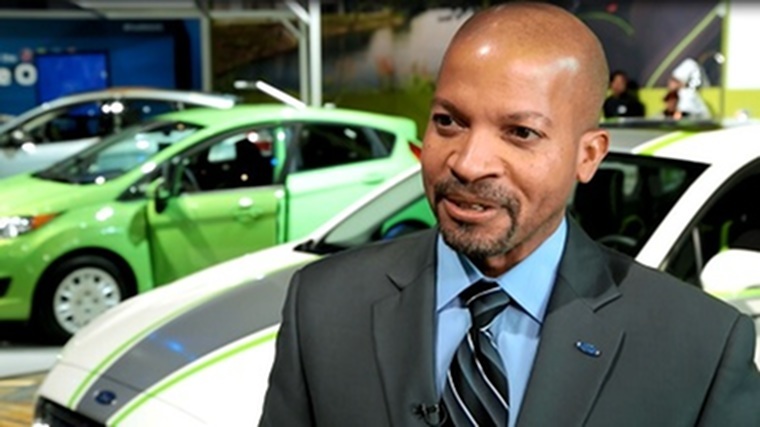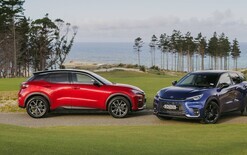Spies in our drives?

Modern vehicles are becoming more connected, but are they also spying on our driving techniques? Telematics black boxes from insurance companies can already measure how aggressively people accelerate and the forces drivers generate when hurtling fast around corners. According to the British Insurance Brokers' Association (BIBA), about 300,000 cars are fitted with these dashboard nannies. While that number may seem tiny compared to the 23 million cars on UK roads, there are many in the industry who think such technology will become standard in the next five to 10 years. Such data can also reveal exactly where we’ve been and how many people are in the car. “It’s a totally private topic who you have in your car and where you have taken them,” says Rainer Mehl, head of automotive for NTT Data. “I’m not sure customers want this known in all cases.” Don Butler, Ford’s executive director of connected vehicle and services, adds. “We only share mileage information with an insurance company partner at this point, not driver behaviour. We would tread carefully in this area.” Some analysts believe there is the danger external software, such as third-party sat-nav systems, could become spies in vehicles. In 2011, TomTom was forced to issue an apology for selling aggregated speed and location data to governments. When the Dutch police used the data to work out where to put speed cameras, TomTom’s clients were unimpressed. But as GPS-equipped smartphones threaten the traditional sat-nav business, pressure is mounting to make more money from selling driver data – anonymously or otherwise. Bryan Mistele, chief executive of Inrix, which collects traffic data from 185 million cars worldwide, admits privacy is a big issue. “There are real concerns personalised data is being sold to governments,” he says. “All data we collect is anonymous and we only sell anonymised data. The contracts we have with manufacturers require us to protect the privacy of car users, so there’s no personalised data.” This is an edited version of a story that first appeared online here: http://www.bbc.com/news/business-29566764





